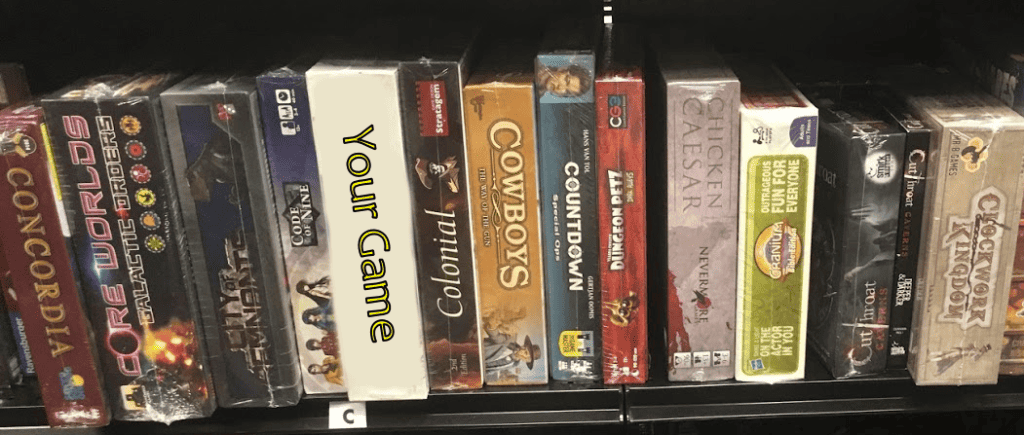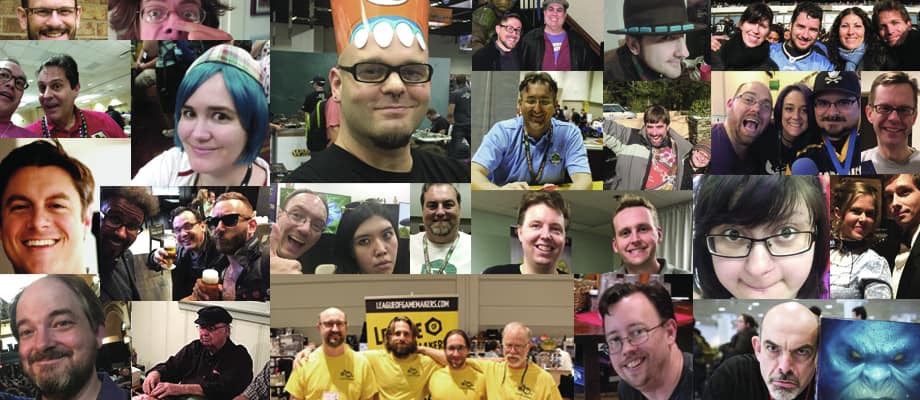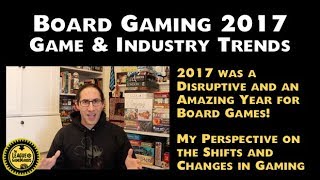
When is a prototype good enough to be published? I would say it’s when you can make the argument that it’s the best game you ever designed. Yes, that’s right, the best game you ever designed.
That may sound harsh, but keep in mind when you submit your finished prototype to publishers, your game is competing against other peoples’ best game ever. How well do you think your “really solid game” will do against someone else’s “best game they ever designed”? Or, if you are lucky to get published, how long will your “reasonably fun game” last on the shelf next to seasoned designers’ “best game they every designed.” This may not be the message you want to hear, but it’s a message you should take to heart.
Now, you may ask what happens if you’ve designed more than one game? In this case, you should be able to make the argument why each game is the best game you’ve ever designed. Different games can be great for different reasons. Maybe one game is your best filler you’ve ever designed while another is your best heavy game you’ve every designed. Or, it could be the case that a latter game trumps an earlier one—hey, you can get better at designing games. For me, Voluspa, is my best big game in a little box, a game you can learn quickly and play quickly, while my upcoming Secret Game X is my best meaty Euro-style game with different layers of strategy. If you can’t make the case that one of your games is your best game ever, then you may have a problem. If one of your games is good, but not as good as one of your earlier games, you should be concerned.
Ok, this sounds like an impossibly high standard, but here are three filters that could help you design more “best games ever.”
- The Idea Filter: It’s great to brainstorm lots of game ideas, but if you really want to design great games you need to develop an idea filter that gets rid of ideas that really have no chance of being great. Your new idea should already have a hook that is super compelling, something that compels you to design the game further, something you could sell to a publisher and ultimately to players. Your new idea should already have some strong arguments why it could be the best game you ever designed. If not, if it’s merely an interesting idea, or something different, keep fishing. Don’t waste your time prototyping game ideas that have unclear hooks or low potential. It’s better to just keep on brainstorming until you hit upon something that truly excites you. Of course, it’s possible that an “interesting idea” can turn into a “best game ever”, so keep a journal of your game ideas and keep revising ideas until they seem worthy of being prototyped.
- The Playtest Filter: As other League members have pointed out, networking is really important. Make friends with other game designers, especially published game designers. Make friends with publishers. Make friends with super gamers who have giant board game collections. See if they will play your game. You need to build a cadre of playtesters who are super discriminating, who play lots of games and can tell you straight if your game is any good. While playtesting with friends and family can be helpful too, if you want to design your best game ever, you need lots of honest feedback early and often from others who are seasoned in the board game business.
- The Development Filter: As you are working to polish your game, it’s easy to get tired, frustrated, or bored: “hey, I’ve playtested my game a lot—it’s got to be good by now,” or “it’s got to be good enough after all of the tweaking I’ve done.” It’s easy to just to give up when you feel like you’ve pushed a game as far as you can push it. Let me tell you first-hand, don’t give up. I have been in development on my “Secret Game X” for the past 2 years. Luckily, my publisher has been patient, but recently, I feel like I hit the miracle new twist that turned my “solid game” into my “best game ever.” A game isn’t done after you’ve done X number of playtests, or after X number of months, or after X number of iterations. It’s done when your playtesters are literally begging you for the prototype copy. It’s done when your playtesters are asking when the game is coming out because they want to buy it now. At one of recent playtests of Secret Game X, I had a guy tell me he would buy 3 copies of the game—he wanted to give it away to his friends too. That told me my game was on the right track! If all of your playtesters are giving middling responses like “yeah, seems pretty solid” or “that was pretty fun”, your game isn’t done yet. At least one playtester from each session should be taking out their wallet.
Do you agree or disagree? How do you know when one of your games is good enough to be published?








